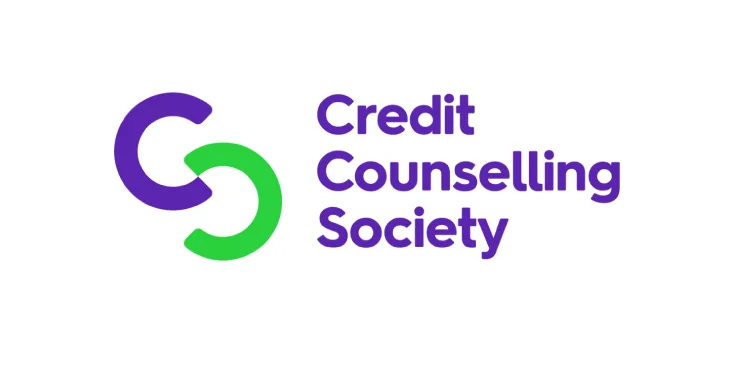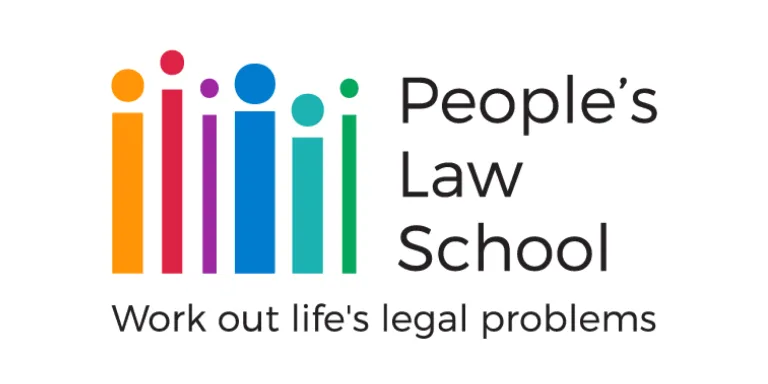Borrowing money from a friend or relative

Turning to a friend or family member for a loan can be an attractive option when you need money. But there are risks. Learn how to prevent problems — and what to do if problems arise.
What you should know
You might think a friend or family member will go easier on you than a bank would. But that’s not always the case. If you’re not on the same page as the lender on repayment terms, there can be problems.
That’s why it’s always best to have the terms of the loan written down. That way, it’s less likely there’ll be disagreements down the line.
Even if you don’t get anything in writing, you’re not off the hook. A verbal agreement with a friend or relative is a contract. As long as the following three elements are in play:
Agreement. Both parties understand and have agreed to the terms.
Consideration. Each party gets something of value in the exchange.
Intention. Both parties intend the agreement to be legally binding.
Any relevant emails, texts or written notes can help prove there’s a valid contract.
Not sure whether you've made a contract? We've got information that might help. See making a contract.
For added protection, the lender may ask for security in return for the loan. This is a property interest the borrower gives the lender. The property is called collateral. It can be real property (land) or personal property (anything else).
If you give the lender a security interest and fail to repay the loan, they have the legal right to (among other things) take the collateral, sell it, and keep the proceeds.
If the lender asks for security in return for the loan, they may want a security agreement. With a security agreement, you assure the lender of your intention to provide a security interest.
Protect yourself
We offer tips on how to protect yourself when borrowing money.
Step 1. Be clear on whether it’s a loan or a gift
Step 2. Decide on a reasonable interest rate
Step 3. Organize a repayment plan
Step 4. Get it in writing
Step 1. Be clear on whether it's a loan or a gift
Does the lender expect to be paid back? Make sure you’re both clear on this point from the outset. If you avoid discussing it up front, you may find yourself in an awkward spot later on.
Step 2. Decide on a reasonable interest rate
It’s reasonable for the lender to ask for interest on top of the sum they lend you. After all, they’re taking a risk by lending to you in the first place.
The rate you both decide on should be fair and reasonable. It may be lower than what the bank would charge you, but higher than what the lender would earn in a basic savings account.
Step 3. Organize a repayment plan
The best options for making payments are by cheque, PayPal, or automatic bank transfer.
Make sure you keep proof of your payments.
Step 4. Get it all in writing
Having everything in writing protects both parties to the agreement. The written agreement should include:
the loan amount
the interest rate
how and when payments will be made
what happens if you miss a payment
when the full amount of the loan is due
We have a template that might help. See our loan agreement template.
Work out the problem
There are steps you can take to work out problems when borrowing money from a friend or relative.
Step 1. Be honest
Step 2. Change the terms
Step 3. Ask to have the loan forgiven
Step 4. If you end up in court
Step 1. Be honest
If you’re struggling to make your payments, be up front with the lender. Explain what’s going on, and keep them updated on your finances. As with many situations in life, honesty is the best policy.
Step 2. Change the terms
If you can’t meet the terms of your agreement, inform the lender as soon as possible. If you explain yourself, they may agree to renegotiate the terms. Or they may agree to push back the repayment deadline.
Put the revised terms in writing — even if you didn’t have a written agreement to begin with. If you have a written agreement, see if it includes a process to revise the terms. If not, consider adding an “addendum.” This is an addition to the agreement that sets out more terms.
You could also choose to edit the original agreement directly. Just make sure you and the lender both initial any changes. Consider having a third party witness your signatures.
Step 3. Ask to have the loan forgiven
As a last resort, you can ask your friend or relative to forgive the loan. In other words, ask them to forget about repayment. If you can only afford to repay some, ask the lender to forgive whatever you can’t pay.
Write up a forgiveness agreement with the lender. Make sure it includes the amount being forgiven. If the loan’s being partly forgiven, the agreement should include:
the amount being forgiven
the amount to be repaid
the new payment schedule
Step 4. If you end up in court
If you breach the terms of the loan agreement, the lender may take legal action.
Usually, you’ll receive a demand letter first. It’ll request payment for the amount you owe. Contact the lender immediately if you get a demand letter. Discuss alternatives for repayment.
If you end up in court, the judge will decide if you’ve broken the terms of the agreement. If you have a written agreement, this will be fairly straightforward. If not, it will come down to who’s story the judge finds more credible based on the evidence presented by the two parties.
If you want to go further, we have more on borrowing money from a friend or relative. See our in-depth coverage of this topic.
Who can help
This agency can help with debt problems.

Credit Counselling Society of BC
A non-profit society that helps people better manage their money and debt.
If you run into serious problems borrowing money from a friend or relative, consider getting legal advice.

BC Legal Referral Service
Helps you connect with a lawyer, notary or paralegal for a free 15- to 30-minute consult to see if you want to hire them.

Access Pro Bono's Legal Advice Clinics
Volunteer lawyers provide 30 minutes of free legal advice to people with low or modest income.
This information from People’s Law School explains in a general way the law that applies in British Columbia, Canada. The information is not intended as legal advice. See our disclaimer.
Related
On Dial-A-Law
Dial-A-Law has more information on Borrowing money in the section on Money & debt.

